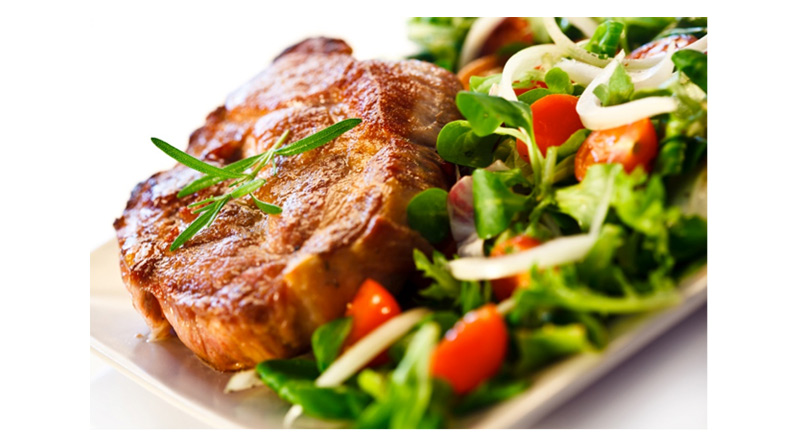Prepare Now For Autumn Inflation Spike

Catering and hospitality operators need to take steps now to prepare for an inevitable spike in inflation across the rest of the year, as well as potential shortages of menu items, warns Lynx Purchasing.
The warning comes as Lynx publishes a Summer Market Update looking at supply issues in the months ahead. “The ‘perfect storm’ is about to break,” says purchasing managing director Rachel Dobson. “The Bank of England is forecasting that inflation will hit 3% this autumn, other economists suggest 4%, and for some key food and drink sectors it’s like to be higher still.
“The labour shortage, the impact of Brexit on imports, higher distribution and fuel costs, and the continuing impact of the Covid pandemic globally are all factors. The effect of inflation not only on costs, but also potentially on consumer confidence, coming as operators are working to rebuild after lockdown, is as serious as any challenge the sector has faced in recent years.”
“As always, our advice to operators is to buy UK produce in season wherever possible, when it’s at its best in terms of quality, availability and value,” says Dobson, “but that only works so far in this market. From pepper to pinot noir, every menu relies to an extent on global products.
“Even for anyone who’s worked in purchasing for some time, this is as significant and widespread a challenge as we’ve seen. The same labour shortages hospitality is seeing on the front line stretch back through the supply chain via warehousing and distribution to picking and packing.
“Globally, recovery from Covid is really only as fast as the slowest vaccine rollout. In regions such as the far east, where a great deal of poultry and seafood is processed, they are still facing real challenges.”
The Summer Market Update highlights areas such as meat, poultry and seafood as presenting real challenges. “Operators will have to factor in higher prices and potential shortages not just now, but as they plan menus for the key Christmas period.
“For example, there’s a global shortage of cooking oil, which is not only a store cupboard staple in its own right, but an essential ingredient in many other products. Commodities such as rice, grain and coffee are traded globally, and prices inevitably go up when fuel and transport costs are high.”
On the positive side, produce such as UK-grown salads and berries are currently good quality and excellent value, and there are high hopes for domestic crops of potatoes, salads and onions. “There’s never been a better time to use menu descriptions such as “served with fresh, seasonal vegetables’ to make the most of availability.”
Dobson sums up: “It’s going to take a concerted effort to move forward. At government level, the problems of post-Brexit bureaucracy and the challenges of employing overseas labour have to be addressed. Internationally, the roll-out of COVID vaccines is key.
“Suppliers hate to be unable to fulfil customer orders and are doing all they can to meet demand, but operators will also have to do their bit. Those who can keep their menus flexible will be best placed to make the most of changing availability, but there will also be opportunities for those who can improve their buying discipline
“Daily deliveries and just-in-time top-up orders have led to a degree of complacency. Operators may have to get used to better menu planning, more notice for suppliers, and fewer and bigger deliveries in future.”
